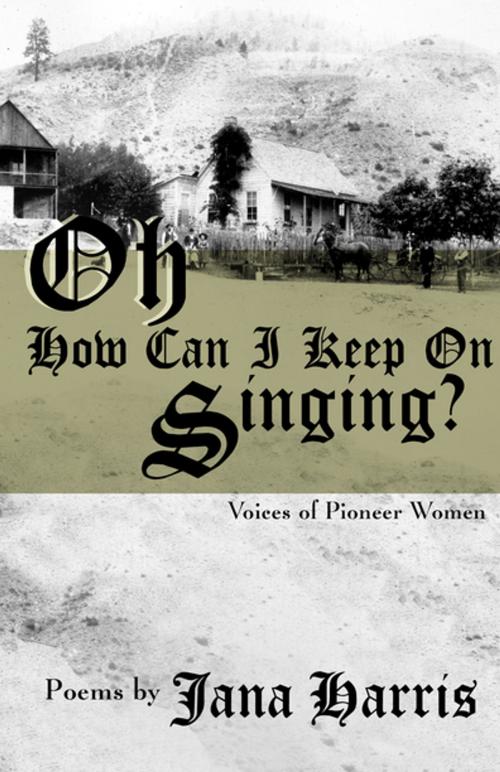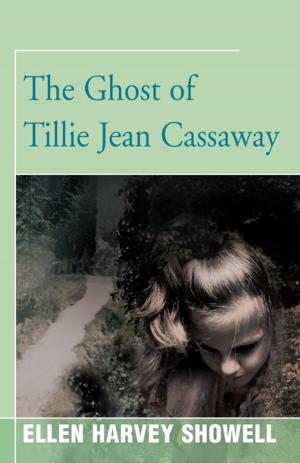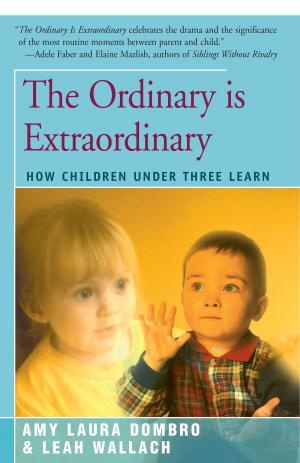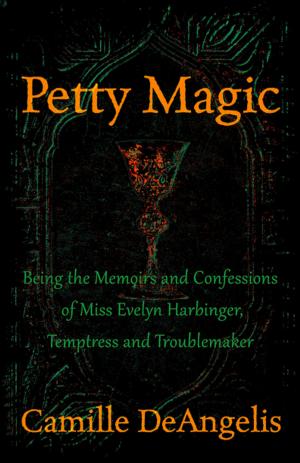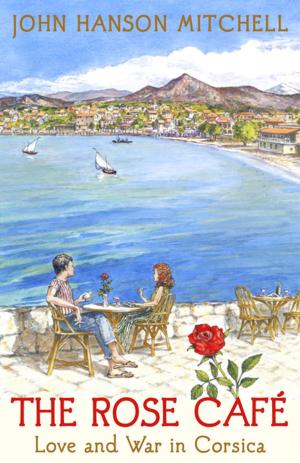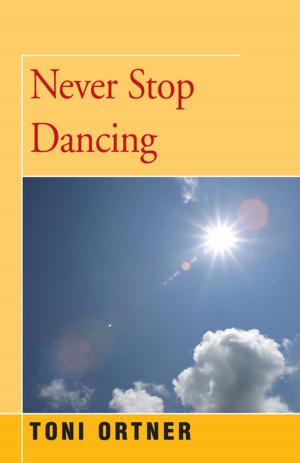| Author: | Jana Harris | ISBN: | 9781504018852 |
| Publisher: | Open Road Distribution | Publication: | August 4, 2015 |
| Imprint: | Open Road Distribution | Language: | English |
| Author: | Jana Harris |
| ISBN: | 9781504018852 |
| Publisher: | Open Road Distribution |
| Publication: | August 4, 2015 |
| Imprint: | Open Road Distribution |
| Language: | English |
When Washington Territory was created, the narrow, isolated Okanogan River Valley was considered a wasteland and an Indian reservation, the Chief Joseph Reserve, was established there. But when silver was discovered near what became Ruby City, the land was re-appropriated, and the Native Americans were moved to a more confined area. The Okanogan was then opened up to white homesteaders, with the hope of making the area more attractive to miners.
The interconnected dramatic monologues in Oh How Can I Keep On Singing? are the stories of the forgotten women who settled the Okanogan in the late nineteenth century, arriving by horse-drawn cart to a place that purported to have such fine weather that a barn was unnecessary for raising livestock. Not all of the newcomers survived the cattle-killing winter of 1893. Of those who did, some would not have survived if the indigenous people had not helped them.
When Washington Territory was created, the narrow, isolated Okanogan River Valley was considered a wasteland and an Indian reservation, the Chief Joseph Reserve, was established there. But when silver was discovered near what became Ruby City, the land was re-appropriated, and the Native Americans were moved to a more confined area. The Okanogan was then opened up to white homesteaders, with the hope of making the area more attractive to miners.
The interconnected dramatic monologues in Oh How Can I Keep On Singing? are the stories of the forgotten women who settled the Okanogan in the late nineteenth century, arriving by horse-drawn cart to a place that purported to have such fine weather that a barn was unnecessary for raising livestock. Not all of the newcomers survived the cattle-killing winter of 1893. Of those who did, some would not have survived if the indigenous people had not helped them.
